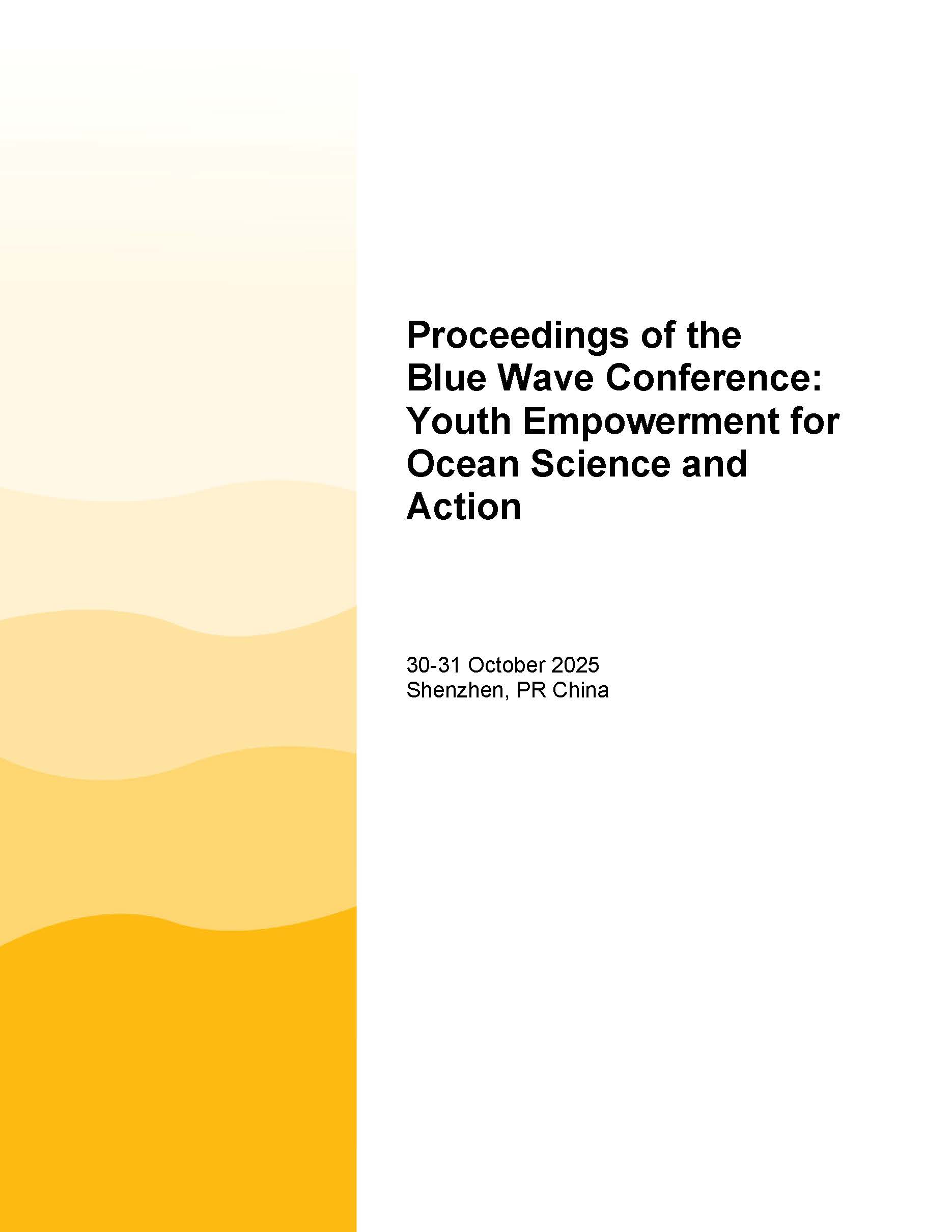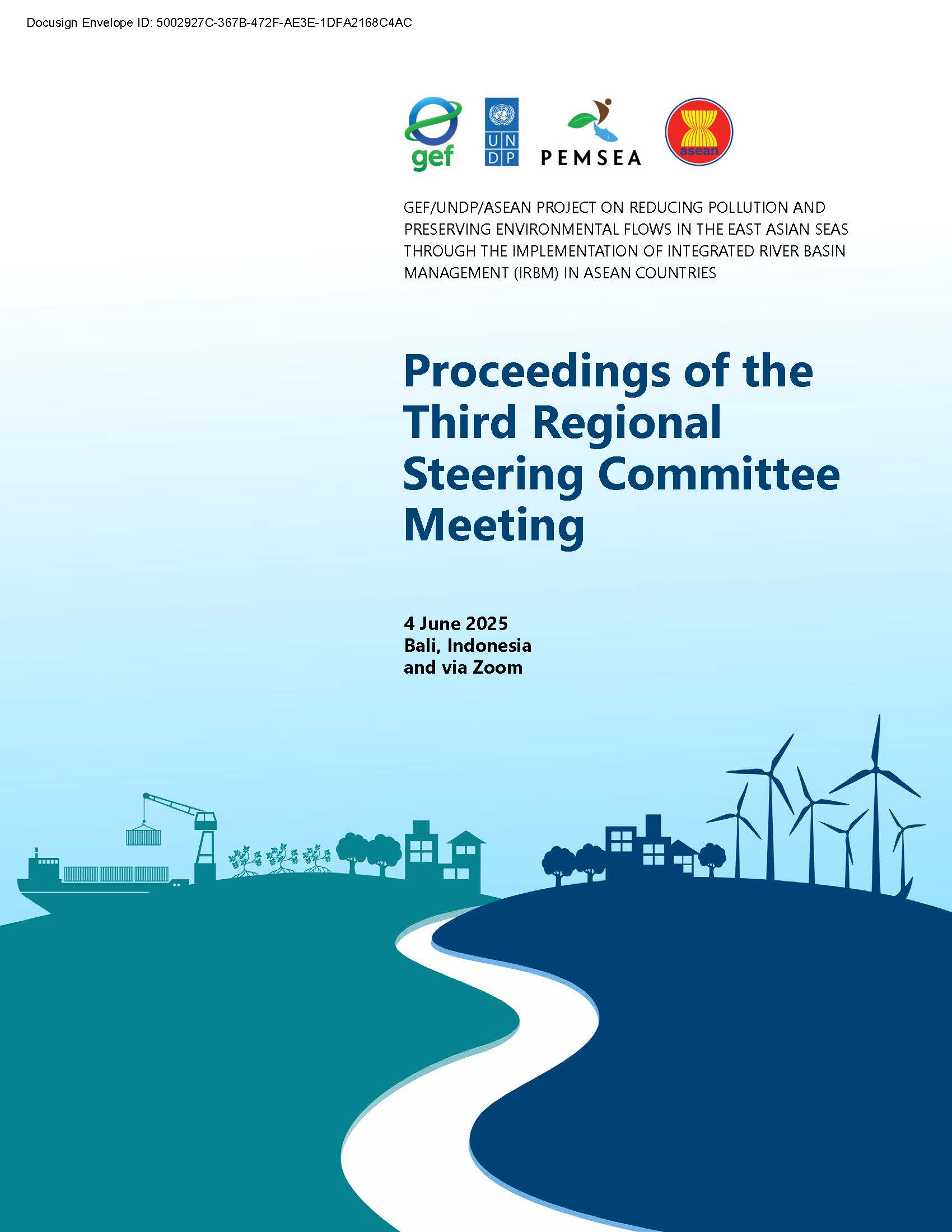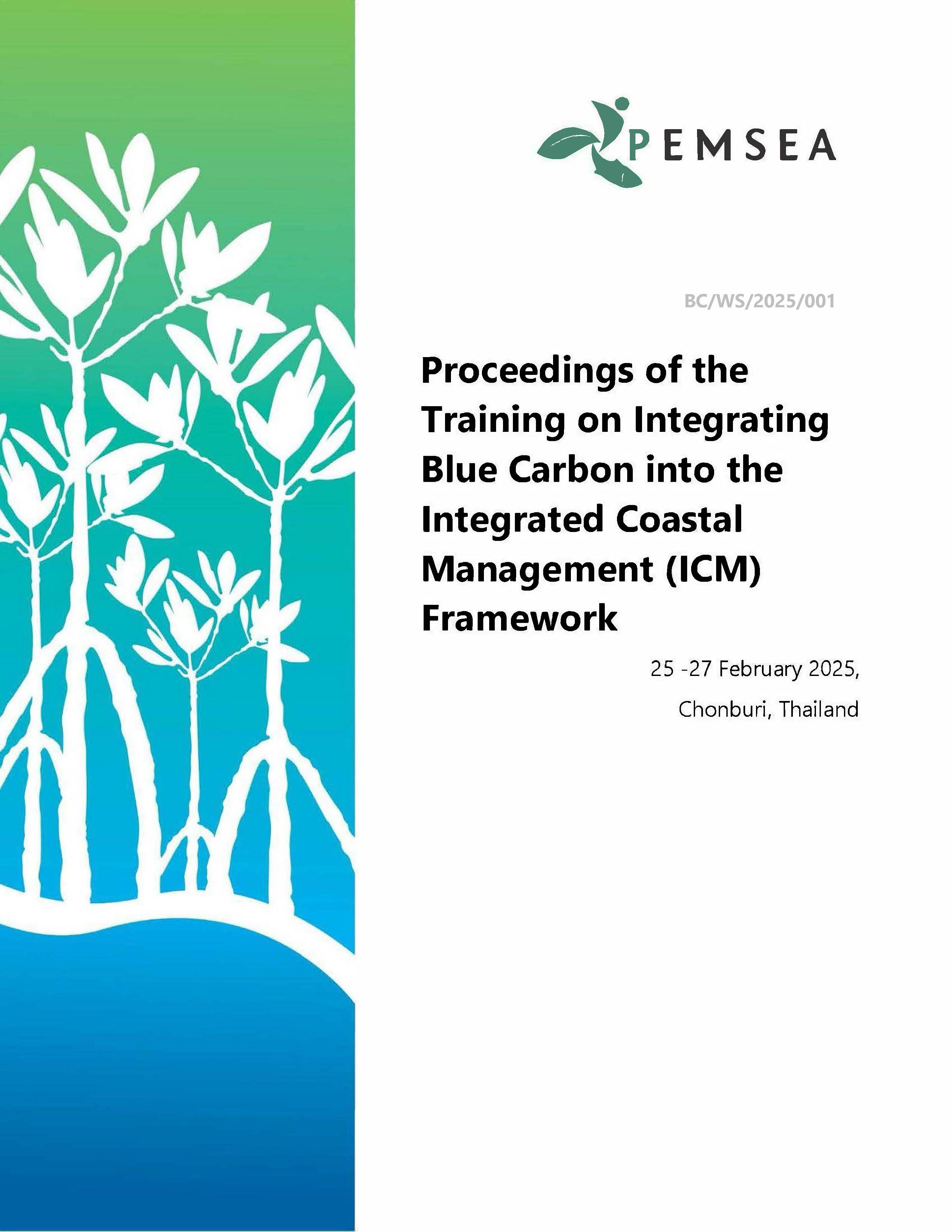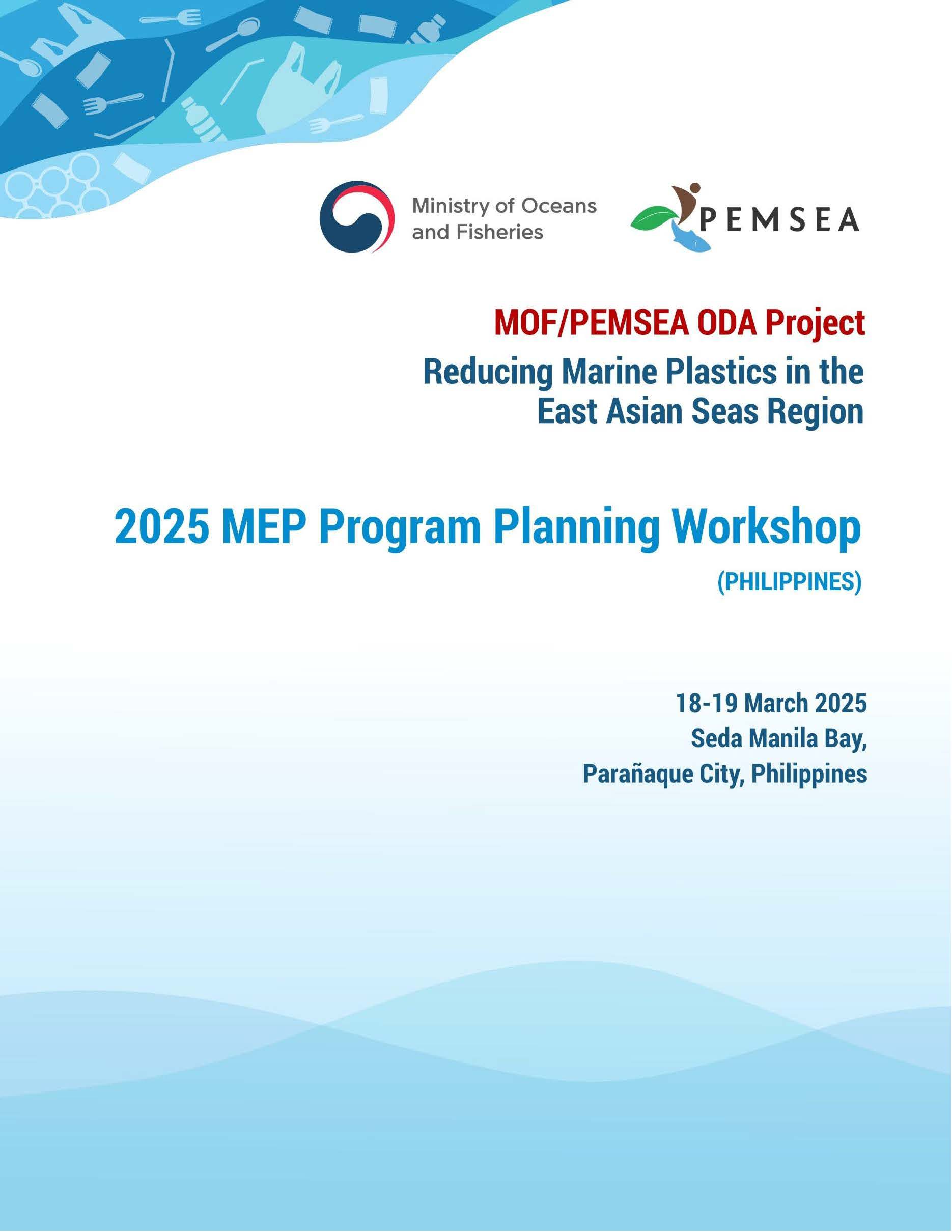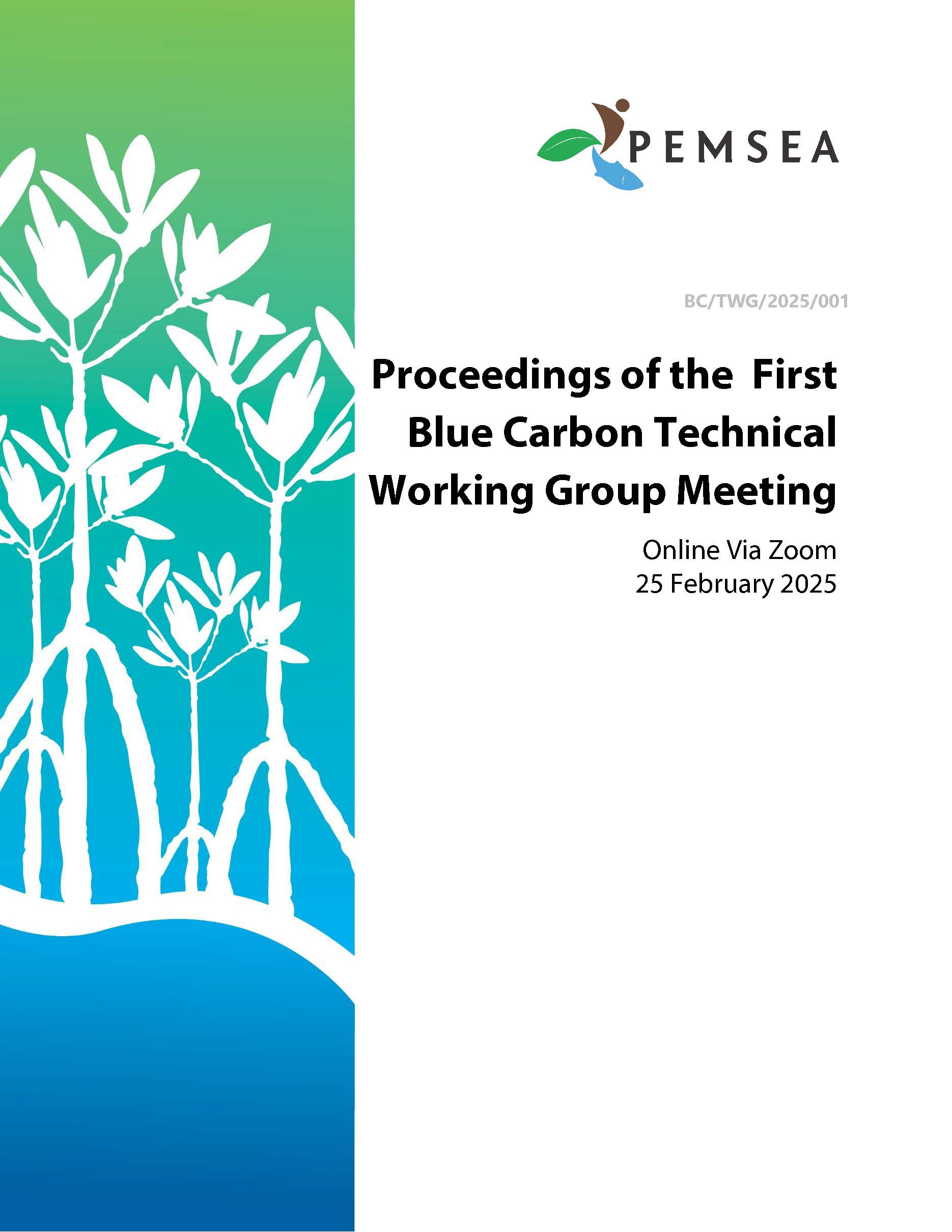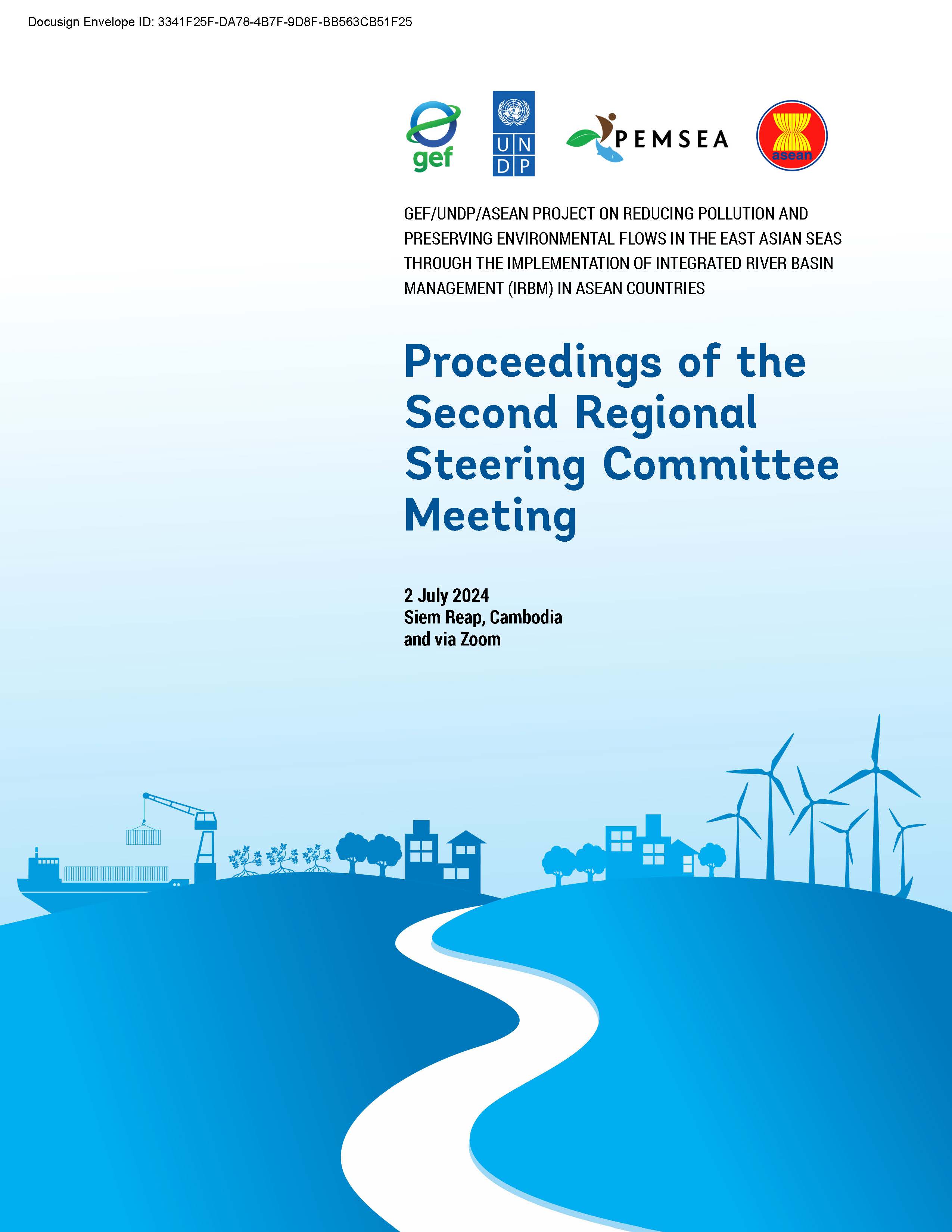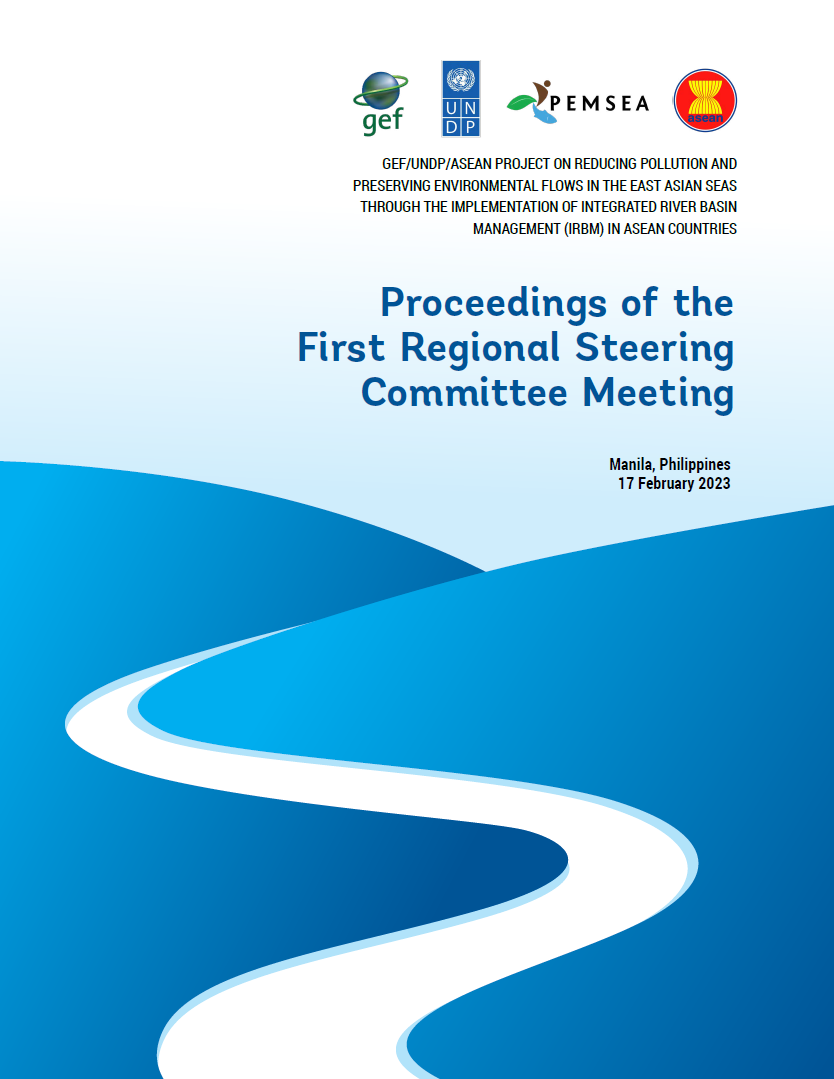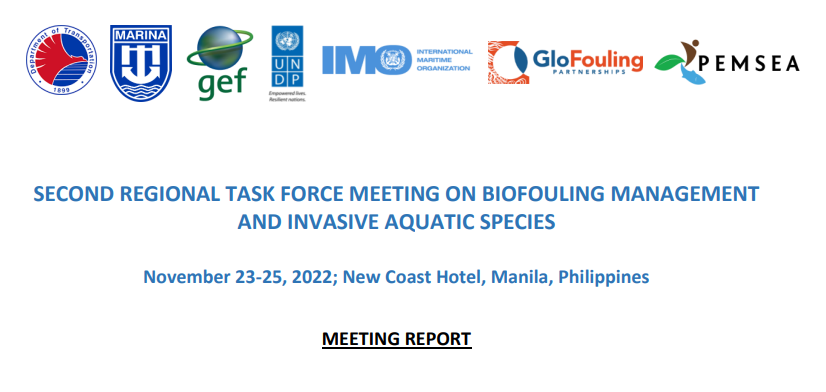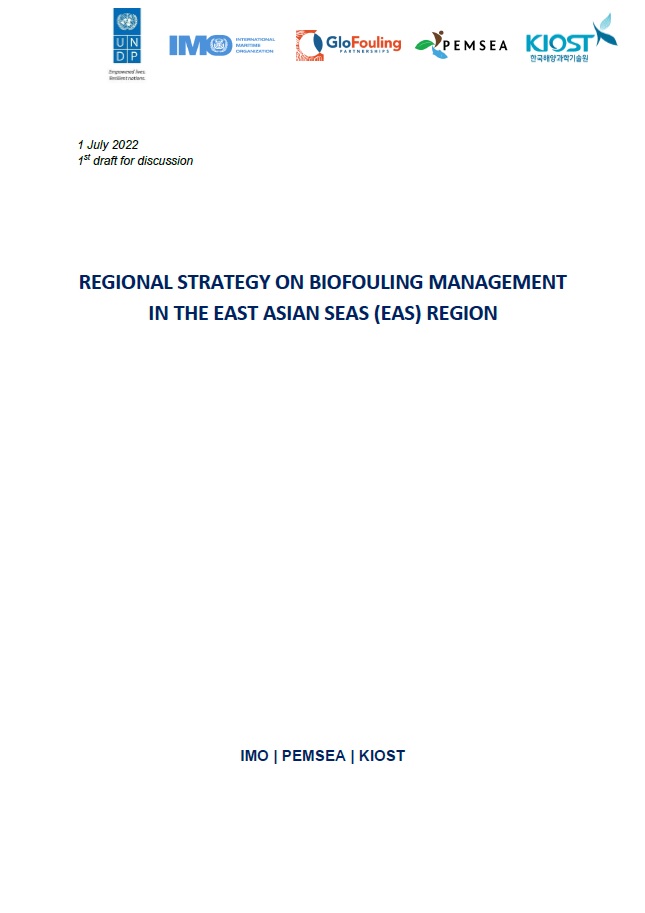
Breadcrumb
-
Proceedings of the Blue Wave Conference: Youth Empowerment for Ocean Science and Action – Opening Ceremony and PEMSEA Network of Young Leaders (PNYL) Session
The Blue Wave Conference: Youth Empowerment for Ocean Science and Action – Opening Ceremony marked the first Youth Conference held in Shenzhen, China, on 30–31 October 2025. The event was organized by China Ocean Mineral Resources R & D Association (COMRA), Global Ocean Capital Promotion Council of Shenzhen, Shenzhen Institute of Guangdong Ocean University, Advanced Institute for Ocean Research, Southern University of Science and Technology (AIOR, SUSTech)/ Shenzhen Ocean University Preparatory Office, Partnerships in Environmental Management for the Seas of East Asia (PEMSEA), and Early Career Ocean Professionals (ECOP) Programme.
The PEMSEA Network of Young Leaders (PNYL) session featured four speakers and two reactors, namely: Mr. Akhmad Nurhijayat from the Center for Coastal and Marine Resources Studies (CCMRS), IPB University, Dr. Sim Wei Hung Clarence from Nanyang Technological University, Singapore, Ms. Keomanivone PHOUTHAKHANTY from Department of Water Resources, Ministry of Agriculture and Environment, Lao PDR, Mr. Leo Anthony Castro from Mangroves Matter PH, Dr. Shenghui Li from Guangdong Ocean University, Zhanjiang, China, and Dr. Xuan Zhu from Research Center for Pacific Island Countries (RCPIC) of Liaocheng University.
-
IRBM: Proceedings of the Third Regional Steering Committee Meeting
Held back-to-back with the 25th Meeting of the ASEAN Working Group on Water Resources Management (AWGWRM), the Third Regional Steering Committee (RSC) Meeting of the GEF/UNDP/ASEAN Project on Reducing Pollution and Preserving Environmental Flows in the East Asian Seas through the Implementation of Integrated River Basin Management (IRBM) in ASEAN Countries was held on 4 June 2025 through a hybrid format,. i.e., in-person at Haliday Inn Resort Baruna in Bali, Indonesia and online via Zoom.
Hosted by the Government of Indonesia through the Ministry of Environment (MOE), the meeting was co-chaired by Mr. Oudomsack Philavong, AWGWRM Chairperson and Mr. Gerd Trogemann, Manager of United Nations Development Programme-Bangkok Regional Hub of Asia and the Pacific (UNDP-BRH). The meeting was attended by the National Focal Points (NFPs) of the AWGWRM from nine (9) ASEAN Member States (Cambodia, Indonesia, Lao PDR, Malaysia, Myanmar, Philippines, Singapore, Thailand, and Vietnam), the East Asian Seas Executive Committee, the ASEAN Secretariat, and UNDP-BRH.
The Regional Project Management Unit (RPMU), hosted by PEMSEA Resource Facility and MOE Indonesia served as Secretariat to the RSC meeting.
-
Proceedings of the Training on Integrating Blue Carbon into the Integrated Coastal Management (ICM) Framework
The PEMSEA Network of Learning Centers (PNLC), Burapha University and the PEMSEA Resource Facility co-organized the "Training on Integrating Blue Carbon into the Integrated Coastal Management (ICM) Framework" in March 2025 in Chonburi, Thailand.
The training, co-sponsored by Burapha University and the University of Hawai'i, with support from the Ministry of Higher Education, Science, Research and Innovation of Thailand, Thailand Science, Research and Innovation (TSRI), Henry Luce Foundation, and the Center for Southeast Asian Studies-University of Hawai’i, brought together PNLC participants and Chonburi Province coastal management stakeholders to enhance the understanding of Blue Carbon concepts and explore how the Network can support.
PEMSEA's regional Blue Carbon program. The training had the following objectives:
- Gain foundational understanding of ICM and its role in coastal resource management.
- Learn about the impacts of climate change on coastal ecosystems and communities.
- Understand the concept of Blue Carbon and its significance in climate change mitigation.
- Acquire the knowledge to integrate blue carbon principles into coastal management strategies, ensuring more sustainable and resilient coastal zones and harness the potential of blue carbon ecosystems as nature-based solutions for climate action.
- Identify work areas, in terms of knowledge, capacity and technical assistance, PNLC members need to strengthen to enable them to better support government and local community efforts in managing their coastal areas and associated blue carbon ecosystems.
-
Proceedings of the 2025 MEP Program Planning Workshop
The planning workshop for the 2025 Marine Environment Protector (MEP) Program was conducted on 18-19 March 2025 at Parañaque, Philippines and brought together representatives from MEP partner organizations across six Philippine sites.
Representatives from the four existing MEP program sites presented their 2024 accomplishments and shared lessons learned from implementation. The workshop also served as an introduction for new MEP partners from Bulan and Calbayog who will begin implementation in 2025.
The participants discussed various campaigns and identified effective practices that could be applied across different sites. Together, they drafted comprehensive work plans and timelines aligned with the 2025 implementation guidelines established by the Regional Project Management Unit (RPMU).
The two-day workshop successfully established target outputs for 2025 implementation and developed strategies to effectively impact local communities in their respective sites. Participants focused on ensuring engagement and full support of their respective local government units for proposed marine plastic waste management initiatives.
-
Proceedings of the 1st Blue Carbon Technical Working Group Meeting
The First Blue Carbon Technical Working Group meeting was held on February 25, 2025, online via video conference (Zoom). The meeting was chaired by the Technical Session Chair and Co-Chair of the East Asian Seas (EAS) Partnership Council (PC) and participated by PEMSEA country partner designated representatives and non-country partner representatives from the National Marine Hazard Mitigation Service (NMHMS), Ocean Policy Research Institute of the Sasakawa Peace Foundation (OPRI-SPF), Conservation International (CI), Korean Maritime Institute (KMI); PNLC members, Xiamen University, University of the Philippines Marine Science Institute (UP-MSI); and other collaborators, such as the China Green Carbon Foundation and OceanPixel. The PEMSEA Resource Facility (PRF) served as the Secretariat.
-
IRBM: Proceedings of the Second Regional Steering Committee Meeting
The Second Regional Steering Committee (RSC) meeting of the GEF/UNDP/ASEAN Project
on Reducing Pollution and Preserving Environmental Flows in the East Asian Seas through
the Implementation of Integrated River Basin Management (IRBM) in ASEAN Countries was
organized back-to-back with the 24th Meeting of the ASEAN Working Group on Water Resources
Management (AWGWRM) on 2 July 2024 through a hybrid format, i.e., in-person at Bayon Era
Hotel in Siem Reap, Cambodia and online via Zoom.
Hosted by the Royal Government of Cambodia through the Ministry of Environment (MOE),
the meeting was co-chaired by Mr. Oudomsack Philavong, Chair of the ASEAN Working Group
on Water Resources Management (AWGWRM) and Mr. Gerd Trogemann, Manager of United
Nations Development Programme-Bangkok Regional Hub of Asia and the Pacific (UNDP-BRH).
The meeting was attended by the National Focal Points (NFPs) of the AWGWRM from the
ten (10) ASEAN Member States (AMS), i.e., Brunei Darussalam, Cambodia, Indonesia, Lao
PDR, Malaysia, Philippines, Singapore, Thailand and Viet Nam, the ASEAN Secretariat (ASEC),
the East Asian Seas Executive Committee (EAS EC) and UNDP-BRH. The Regional Project
Management Unit (RPMU), hosted by PEMSEA Resource Facility (PRF) and MOE Cambodia
served as Secretariat to the RSC meeting. -
IRBM: Proceedings of the First Regional Steering Committee Meeting Proceedings
The First Regional Steering Committee (RSC) meeting of the GEF/UNDP/ASEAN Project on Reducing Pollution and Preserving Environmental Flows in the East Asian Seas through the Implementation of Integrated River Basin Management in ASEAN Countries (IRBM Project) was held on February 17, 2023 in hybrid format, i.e., in-person component at Park Inn by Radisson in Manila, Philippines and via video conference (Zoom). The meeting was attended by the Chair of the ASEAN Working Group on Water Resources Management (AWGWRM); National Focal Points (NFPs) of the AWGWRM of Cambodia, Lao PDR, Malaysia, Philippines and Viet Nam; representatives from the ASEAN Secretariat; the United Nations Development Programme (UNDP) – Regional Bureau for Asia and the Pacific, Bangkok Regional Hub and UNDP Country Office in Indonesia and Lao PDR and the East Asian Seas Executive Committee (EAS EC). The Regional Project Management Unit (RPMU), hosted by PEMSEA Resource Facility (PRF), served as Secretariat to the RSC.
-
Proceedings: Second Regional Task Force Meeting on Biofouling Management and Invasive Aquatic Species
The 2nd RTF meeting was a follow through to the 1st RTF meeting that was convened in April 2022, which endorsed the establishment of a Regional Task Force and the development of a Regional Strategy on Biofouling Management in the East Asian Seas (EAS) region. Since then, a draft Regional Strategy on Biofouling Management has been prepared and circulated to the countries, nongovernment, academic and private sector partners for review. The 2nd RTF meeting aims to further review the draft Regional Strategy and discuss its implementation, as well as to take into consideration the countries and private sectors’ on-going programs or initiatives on biofouling and IAS management.
-
Regional Strategy on Biofouling Management in the East Asian Seas (EAS) Region
The UN World Ocean Assessment has confirmed the role of Invasive Aquatic Species (IAS) as a major driver for biodiversity change in the world’s freshwater, coastal and marine ecosystem[1]. Globally, about 2,000 marine species have been introduced to new locations through human-mediated movements. When they become invasive, most of them have had negative ecological, socioeconomic and human health impacts. With increased trade and climate change, biological invasions are likely to increase. The main vectors for unintentional transfer of invasive aquatic species are ships' ballast water, biofouling of mobile marine structures and aquaculture.
